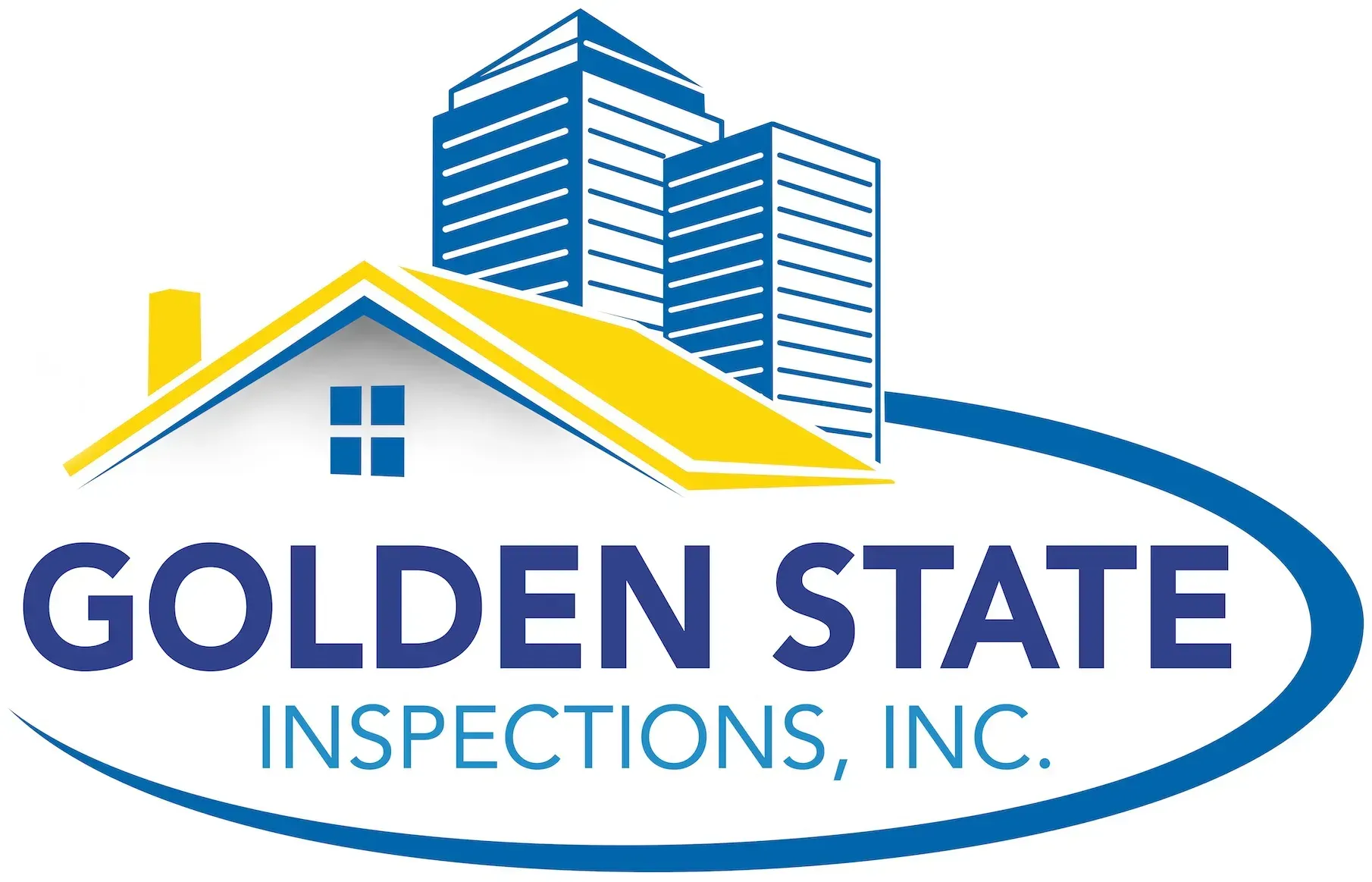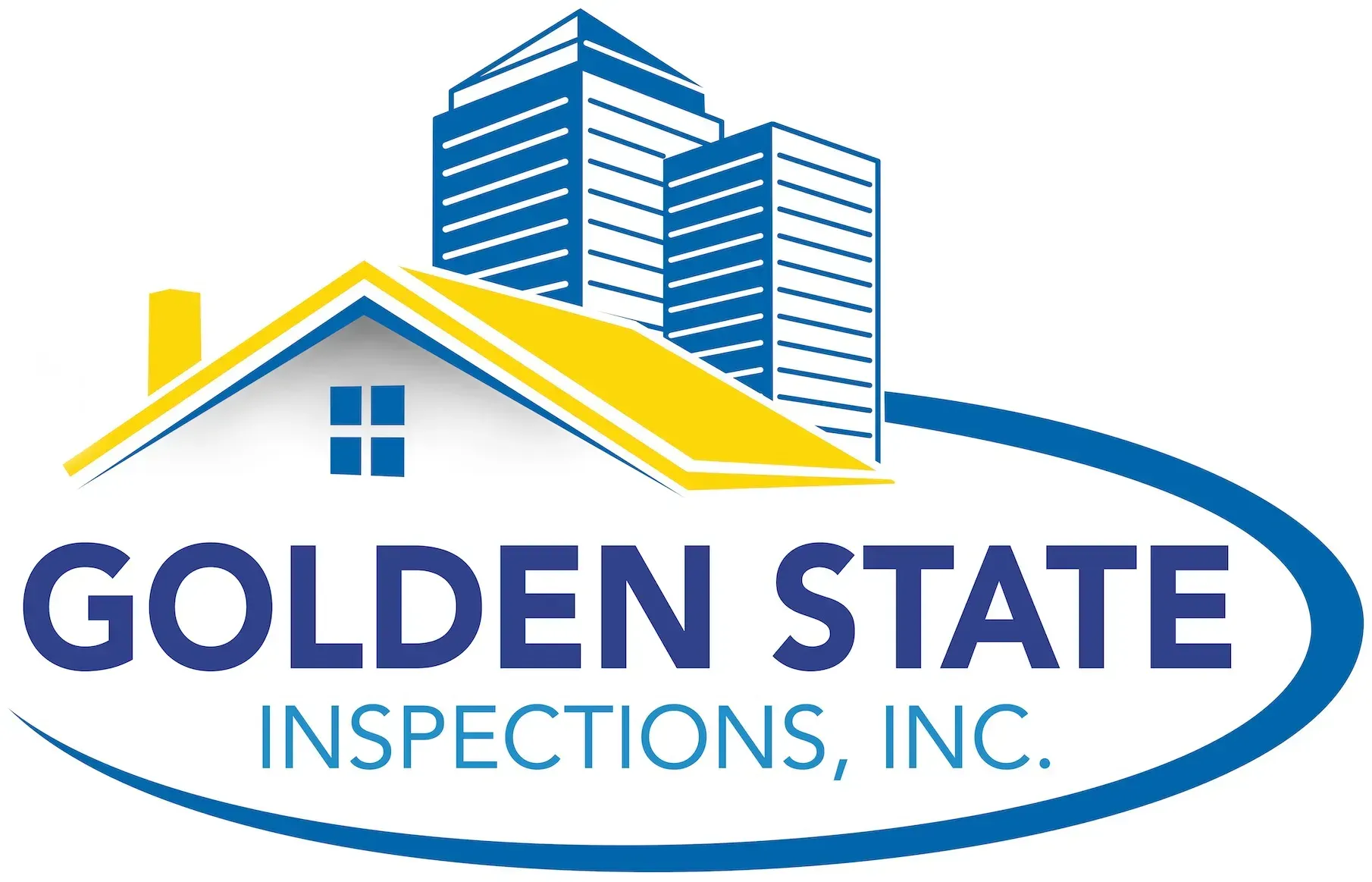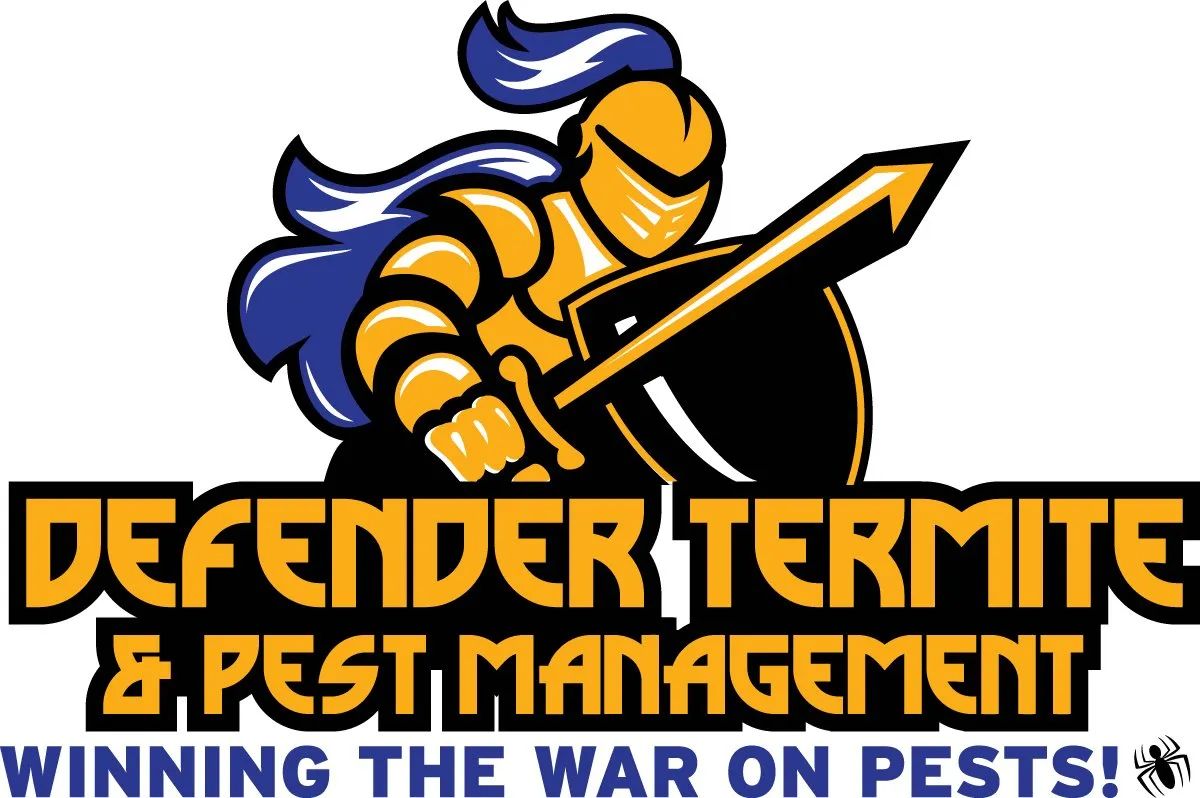Everything you need to know about #commercialinspections
cinchweb • October 17, 2016
If you own, operate, live, or work in a commercial building, you would be pretty familiar with the fact that a commercial inspection has to be carried out by an inspector at certain time intervals.
There are many reasons why a commercial inspection might be carried out
including regular check-ups or the buying or selling of a building. While there are a number of different standards and methods by which these inspections are carried out, the overall format is pretty much the same. Here’s everything you need to know about commercial inspections of your building.
Who is a commercial inspector?
A commercial inspector is normally someone with a number of years of experience
with commercial buildings and a sound understanding of the important aspects of a building. The inspection is really a subjective report based on the findings of the commercial inspector so hiring an actual professional for this purpose is imperative.
What does a commercial inspection entail ?
The process starts with the inspector walking around the building and visually assessing various areas. They may take down notes or take photographs to document their findings. These findings are completely the subjective view of the inspector and will also be based on the actual purpose of the inspection. The budget and available time table will also affect the nature of the inspection.
Once the inspector is happy with what they’ve been able to find. Their next job is to do further research on their findings. This entails collecting records and paperwork to supplement their findings, interviewing tenants and building management to corroborate their findings, or obtaining legal permits and documentation pertaining to the issues found. They would normally also look at maintenance records and paperwork for any work carried out on the building.
Next, the inspector collects all their findings and puts them down in a formal report. The documentation and photographic evidence collected is attached to this report to corroborate the issues found. This report normally states all the issues found, their impact on the purpose of the inspection, and any suggestions as to next steps. The contents of the report will vary according to the skills of the inspector and the actual purpose of the report.
How to prepare for a commercial inspection ?
There are a few important points to keep in mind when preparing for a commercial inspection. The best way to start is by carrying out an inspection yourself. Since you now know what the professional inspectors do, you can follow the same process and create your own report. This will allow you to fix any issues you find before the inspection. Getting a thorough cleaning done will also help you highlight hidden issues and make the area more visually appealing for the inspector. You should also make sure you have all the necessary documentation on hand and sorted accordingly for the inspector. This will save a lot of time and hassle on the day of the inspection.
The post Everything you need to know about #commercialinspections
appeared first on .
By cinchweb
•
June 1, 2020
When most people think of home inspections, they do so from the position of the buyer. However, seller
By cinchweb
•
June 1, 2020
Home inspections are a critical part of the buying and selling process. With an inspection, homebuyers
By cinchweb
•
June 1, 2020
A home is a major investment, and a pre-purchase inspection is a critical part of the buying process.

By cinchweb
•
October 10, 2018
Here you can find links to some of this Fall’s best events local to the Sacramento community: Bel Air Carmichael Succulent & Pumpkin Party – https://business.facebook.com/events/471230853367382/ Join us for our first Fall Floral workshop! You’ll create your own beautiful Harvest centerpiece using succulents, pumpkins and Fall-floral accents. Danielle, our Floral Team Leader will be your […]
The post October Spooktacular Events appeared first on .
By cinchweb
•
October 4, 2018
Keep In Mind Mold spores are all around us, but the growth of mold can be prevented. Mold needs moisture, warmth and food in order to grow in your home. When you deprive mold of moisture, warmth and food, you will stop it from growing, but you won’t kill the mold that is already there. The […]
The post Preventing Mold Growth During Winter appeared first on .
By cinchweb
•
October 2, 2018
Easy Tips To Winterize Your Home Like raking leaves and planting bulbs, installing storm windows and cleaning gutters are telltale fall rituals. But what else can you do to prepare your home for sweater weather? Which steps can you take now to make this winter safe, comfortable, and healthy? To prepare your property for snow, […]
The post Prepare Your Home For Winter appeared first on .
By cinchweb
•
July 27, 2017
Golden State Inspection Services inspects every kind of property for mold. Whether you’re a home buyer looking at a property or a business owner concerned about your employee’s well-being, a mold inspection ensures your safety and health. Catching mold before it spreads means you save more money on repairs or save yourself from making […]
The post Do You Need A Mold Inspection? #MoldInspection #PropertyInspections #HomeInspection appeared first on .
By cinchweb
•
July 25, 2017
A commercial inspection can help your business’s structure stay in top shape. Regular inspections enhance the durability of the roof. Roofs are exposed to the harshest weather conditions and will degrade in quality over time. A regular check on your roof’s condition will extend its longevity. Contact Golden State Inspection Services today to […]
The post Why You Need A Commercial Inspection appeared first on .
By cinchweb
•
July 18, 2017
Having your property inspected before you list it could be the perfect form of preventative action. Home buyers, sales agents, or lawyers generally recommend an inspection. In this case, what’s good for the buyer is also good for the seller. Because surprises are equally damaging to sellers of property, the seller should get a […]
The post Seller Inspection – Property – Prevention appeared first on .












